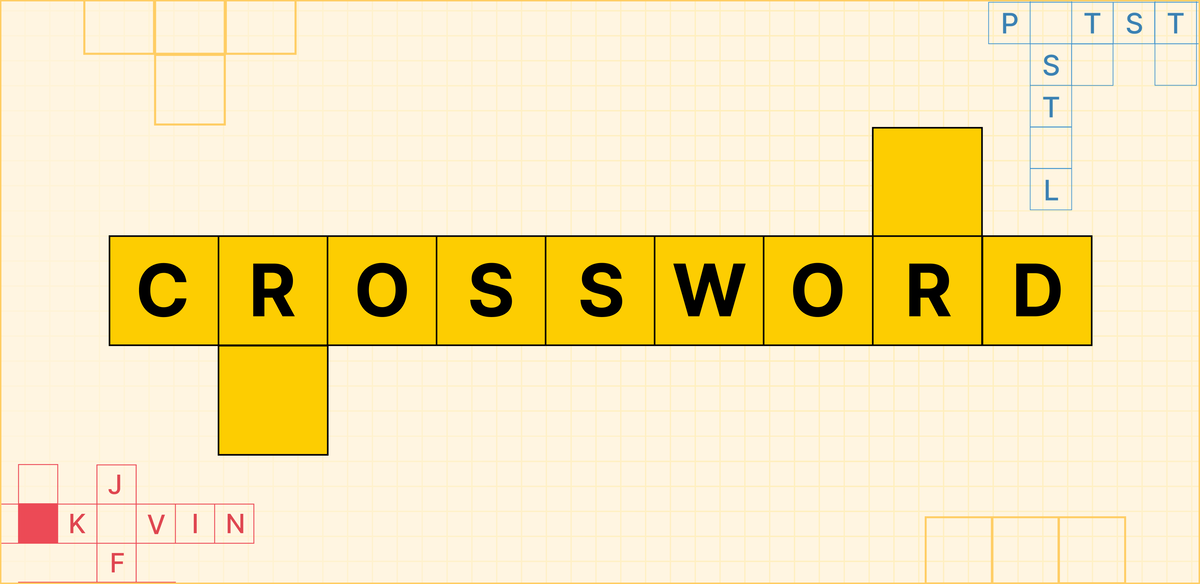

Qinwen Zheng’s impressive US Open run came to a halt in the quarterfinals, in a tough match against Aryna Sabalenka. However, after her early exit from the tournament, another issue surrounding Zheng has sparked significant attention on social media. It involves the former American pro Chris Evert, who is facing criticism for the mispronunciation of Zheng’s name. But in response to the backlash, Andy Roddick has stepped up to defend Evert, highlighting the need for understanding and respect in such matters.
It all started when a fan took to his X handle to suggest that Zheng’s name was actually not pronounced right by the ESPN analysts. The fan wrote, “Hey @espn, please let Mr. Drysdale, Ms. Fernandez, and Ms. Shriver know that Qinwen is pronounced as ‘Chinwen’ (closest to the Mandarin pronunciation). Not ‘Kinwen.’ Please and thank you.”
To that, Chris Evert replied, “We actually asked her directly, and she gave us that pronunciation!” Zheng’s supporters didn’t take Evert’s comment positively, as there were a lot of questions raised. But Andy Roddick came forward in Evert’s support. The American legend mentioned, “Yes, but did you ask Ratazana on Twitter before committing to what Qinwen told you to call her?”
ADVERTISEMENT
Article continues below this ad
However, while Roddick was defending Evert, he was questioned regarding his own language proficiency by a fan on X, who wrote, “How’s your Mandarin, Andy?” Roddick, being Roddick, though shut down the detractor with a crisp answer, as he wrote, “Bad enough to go w whatever Qinwen would tell me to call her.”
Bad enough to go w whatever Qinwen would tell me to call her
— andyroddick (@andyroddick) September 4, 2024
Last year, it was Chris Evert who backed Andy Roddick when a website misquoted him. Roddick had stated that Carlos Alcaraz was the most complete 19-year-old player he had ever seen, but a tennis website misinterpreted it as they reported that Roddick claimed Alcaraz was better than Rafael Nadal and Novak Djokovic.
Roddick swiftly corrected it, urging the media to use his exact words rather than altering their meaning. Evert applauded Roddick’s clear and direct approach, emphasizing the importance of precise language and integrity in sports journalism. She stated, “I said he’s more complete. Please use my words instead of yours when regurgitating what I think …. Thanks.”
ADVERTISEMENT
Article continues below this ad
However, it’s not always that Andy Roddick and Chris Evert agree with each other in the public domain. Last year, around the same time, Roddick questioned the effectiveness of players-turned-coaches in a candid discussion. Chris Evert responded by countering his stance, defending the value and experience that former players bring to coaching roles.
When Andy Roddick started a debate with Chris Evert
Last year, Andy Roddick’s comments about the trend of former players transitioning to coaching sparked a debate. Roddick expressed concern over former players, whom he deemed as “lazy,” in their playing days becoming coaches. The 2003 US Open champion tweeted his surprise at the frequency of such transitions, questioning the value of effort in coaching.
ADVERTISEMENT
Article continues below this ad
Evert countered, suggesting that these players might have recognized the importance of hard work post-retirement. She also argued that top players aren’t always the best coaches, as she wrote, “Maybe they realized after they retired and took a closer look at their careers how important it was. It’s like… top players don’t always make the best coaches. Just a thought!” Roddick later clarified his stance, emphasizing that his issue was more about work ethic than coaching ability.
However, this time around, when ESPN commentators are facing backlash for the mispronunciation of Qinwen Zheng’s name, Roddick has backed Evert and her colleagues. What do you think about this whole controversy though? Share your thoughts in the comments.
Have something to say?
Let the world know your perspective.

Challenge Your Sports Knowledge!
Solve the puzzle and prove your knowledge of iconic players, terms, and moments.
Debate
Did Andy Roddick's sharp wit save Chris Evert from unfair criticism over the US Open incident?


What’s your perspective on:
Did Andy Roddick's sharp wit save Chris Evert from unfair criticism over the US Open incident?
Have an interesting take?